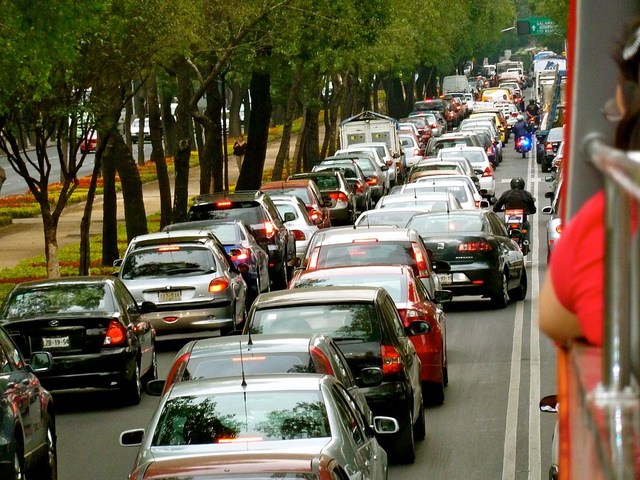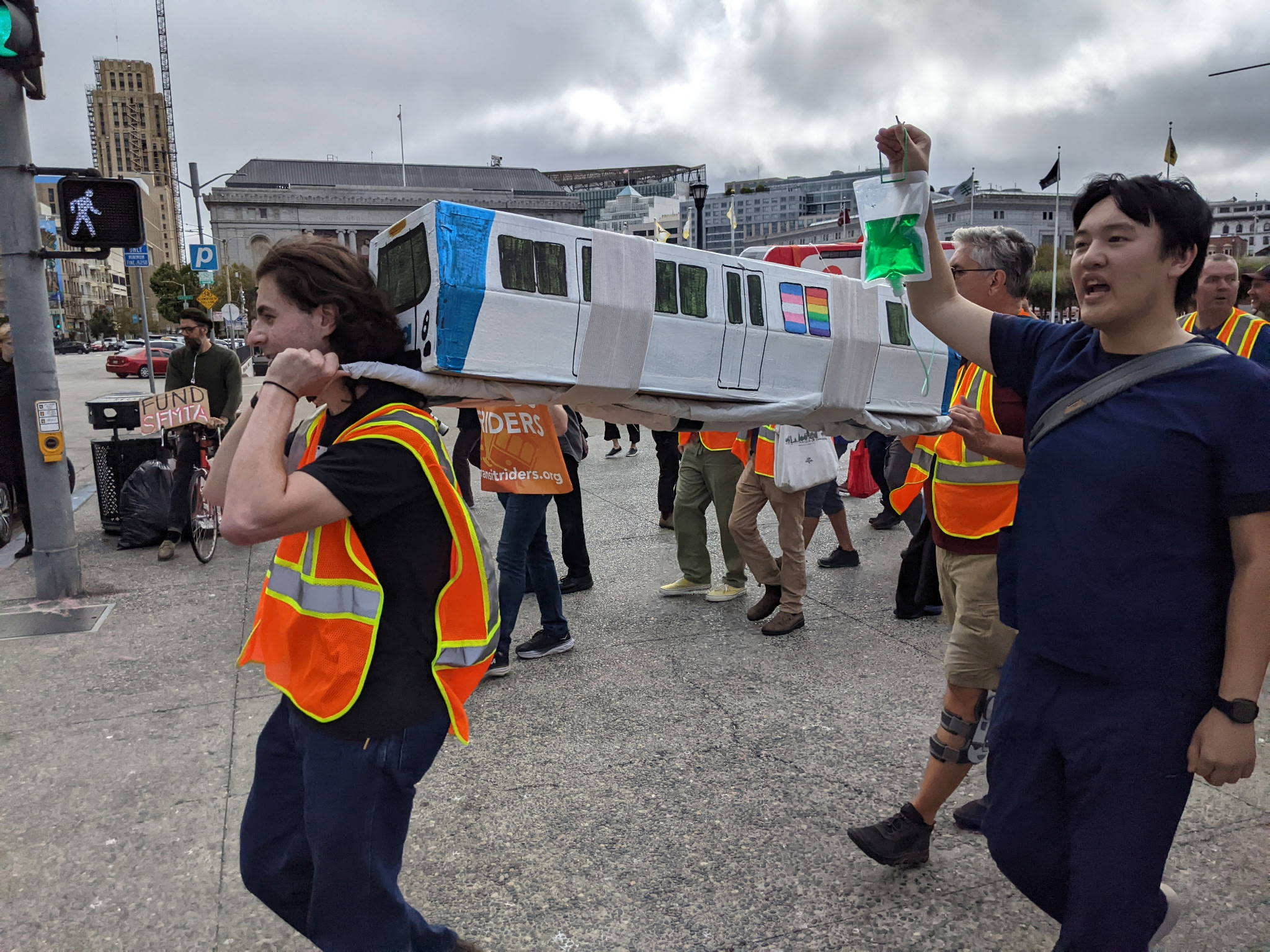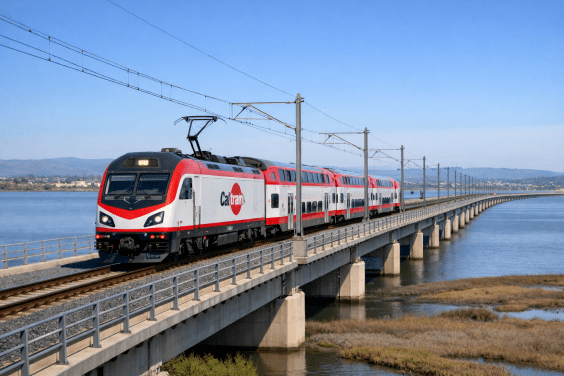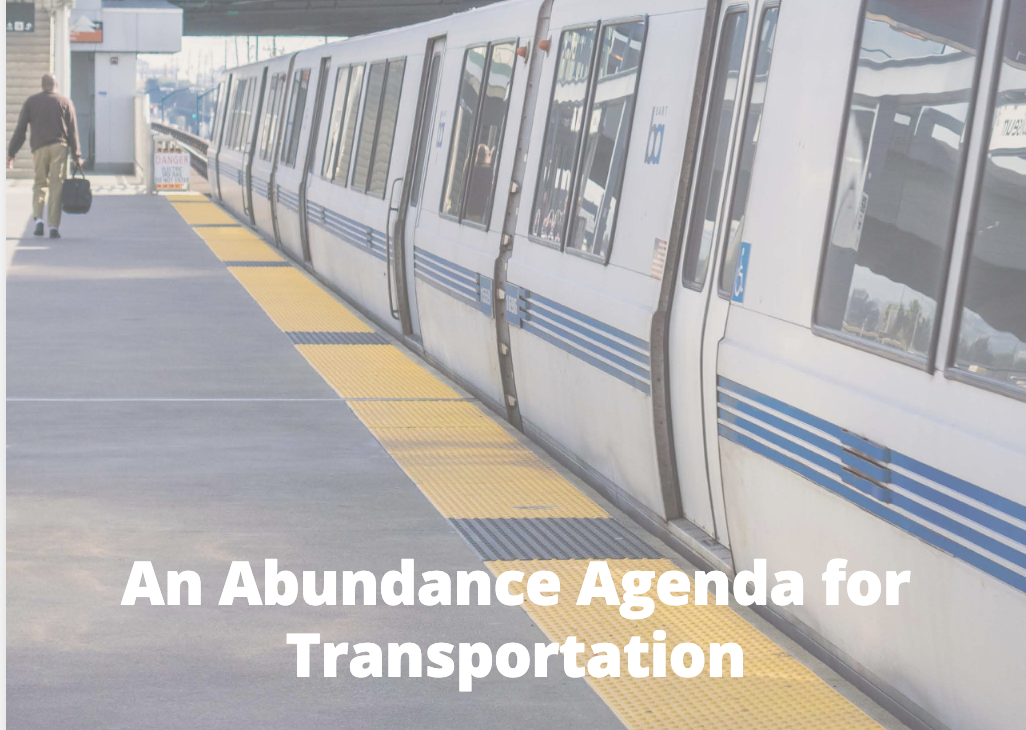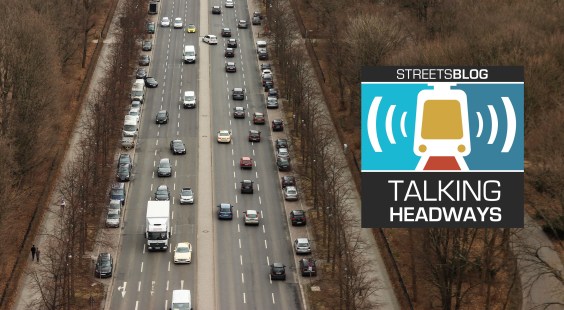Mexico City Mayor Miguel Mancera is pursuing a sweeping overhaul of the city's parking policy that's expected to do away with minimum parking requirements and generate revenue for transit and affordable housing. If enacted, the reforms could set an important precedent for cities in North and South America.
Currently, Mexico City's building code tips the scales toward driving with strict parking minimums throughout the city for both housing and commercial development, even though cars only account for about 30 percent of all trips. By reforming the parking requirements, Mancera aims to lower construction costs, make housing more affordable, and subsidize transit through a fee on parking that does get built.
In office buildings, for instance, the city requires one parking spot for every 30 square meters of leasable space. Once you factor in space for ramps and access lanes, that means about 40 percent of the square footage in an office development must be devoted to parking, said Andrés Sañudo, a Mexico City-based consultant who's been working with the non-profit Institute for Transportation and Development Policy to help the city reform its parking policy.
In a recent white paper produced at the city's request, ITDP recommended eliminating minimum parking requirements and replacing them with maximums. The parking caps would be lower in the central areas of the city. And the more parking developers do build, the larger the amount they would have to pay into a special fund for transit, sidewalk improvements, and subsidized housing.
The rules would apply to new developments, while allowing existing buildings to repurpose parking spaces.
An analysis by ITDP found developers in Mexico City rarely build more parking than the minimums require -- a strong indication that the law is inflating the parking supply.
"Most of the developers are supporting this," said Sañudo. "They know what effect it will have on the excel spreadsheets of their project."
At an event at the end of February, Mancera said he expected new parking regulations to be unveiled in a matter of weeks. The reforms have yet to be finalized, but Sañudo believes many of the ITDP recommendations will be adopted.
"The proposal that they probably will publish is based on what we gave them," he said.
And that would bring Mexico City's building code in line with goals like reducing traffic and increasing affordability. "It will help people to start living closer to their economical activities, to their daily activities, their work, their entertainment," said Sañudo. "This will translate into a lower dependency on car use."
It would also make Mexico City's parking regulations among the most progressive in the Western Hemisphere and could inspire reforms throughout Latin America, said Sañudo.
